** This reflection was reposted from Diocesan Archives. **
I love the Gospel passages when Jesus summons the Twelve Apostles, gives them their mission and sends them forth. Maybe it’s because I work for the Church and can easily see myself in their shoes as I receive my mission, my vocation as a youth minister, from the Lord and am sent forth into my parish to serve the young people. Maybe it’s something different.
However, what strikes me about this particular Gospel is not the action of the sending forth, rather, it’s the instructions that Jesus gives them. “Take nothing for the journey, neither walking stick, nor sack, nor food, nor money, and let no one take a second tunic.”
Um, what did He say? Take nothing? Really? That would have been my immediate gut reaction if I was really in the apostles’ shoes. A walking stick or a second tunic probably would have been helpful for a journey such as this, let alone food and money. There is no mention of complaining or second-guessing in the rest of the Gospel passage, though. The apostles went out and did what they were told, they proclaimed the good news and cured diseases.
Jesus was trying to teach the apostles – and us, by extension – a lesson in trust, in total reliance upon Him. The apostles didn’t need to bring food or money on their journey because the Lord would provide for all of their needs, which included their physical and material needs.
We can never learn too many lessons about trusting in the Lord. It’s something that we can all grow in, all the time, and I’ll be the first one to admit it. I know I need to trust the Lord more in my daily life, in my spiritual life, in youth ministry, in everything. Again, maybe that’s why I like this passage so much, because it invites me to grow in trust like the Apostles did. I am reminded that He will provide for me and for His Church.
As you prepare to go out on your journey, on your mission, how can you invite the Lord to provide for your needs today? A simple prayer to the Holy Spirit is a great way to start!
Me encantan los pasajes del Evangelio cuando Jesús convoca a los Doce Apóstoles, les da su misión y los envía. Tal vez sea porque trabajo para la Iglesia y puedo ponerme fácilmente en sus zapatos al recibir del Señor mi misión, mi vocación como ministro juvenil, y ser enviada a mi parroquia para servir a los jóvenes. Quizás sea algo diferente.
Sin embargo, lo que me llama la atención de este evangelio en particular no es la acción del envío, sino las instrucciones que Jesús les da. “No lleven nada para el camino: ni bastón, ni morral, ni comida, ni dinero, ni dos túnicas”.
¿Qué dijo? ¿No llevar nada? ¿De verdad? Esa hubiera sido mi reacción inmediata si realmente estuviera en el lugar de los apóstoles. Un bastón o una segunda túnica iban a ser útiles para un viaje como este, y mucho menos comida y dinero. Sin embargo, no se menciona ninguna queja ni dudas en el resto del pasaje del Evangelio. Los Apóstoles salieron e hicieron lo que les decían, proclamaron la Buena Nueva y curaron enfermedades.
Jesús estaba tratando de enseñar a los Apóstoles -y a nosotros, por extensión – una lección de confianza, de dependencia completa en Él. Los Apóstoles no tenían que llevar comida ni dinero en su viaje porque el Señor proveería todas sus necesidades, tanto físicas como materiales.
Nunca podremos aprender demasiadas lecciones sobre confiar en el Señor. Es algo en lo que todos podemos crecer, todo el tiempo, y seré la primera en admitirlo. Sé que necesito confiar más en el Señor en mi vida diaria, en mi vida espiritual, en el ministerio juvenil, en todo. Nuevamente, tal vez por eso me gusta tanto este pasaje, porque me invita a crecer en la confianza como lo hicieron los Apóstoles. Me recuerda que Él proveerá para mí y para Su Iglesia.
Mientras te preparas para emprender tu viaje, tu misión, ¿cómo puedes invitar al Señor a satisfacer tus necesidades hoy? ¡Una simple oración al Espíritu Santo es una forma excelente de empezar!
Feature Image Credit: Galen Crout, unsplash.com/photos/person-on-top-of-mountain-during-daytime-fItRJ7AHak8
The views and opinions expressed in the Inspiration Daily blog are solely those of the original authors and contributors. These views and opinions do not necessarily represent those of Diocesan, the Diocesan staff, or other contributors to this blog.

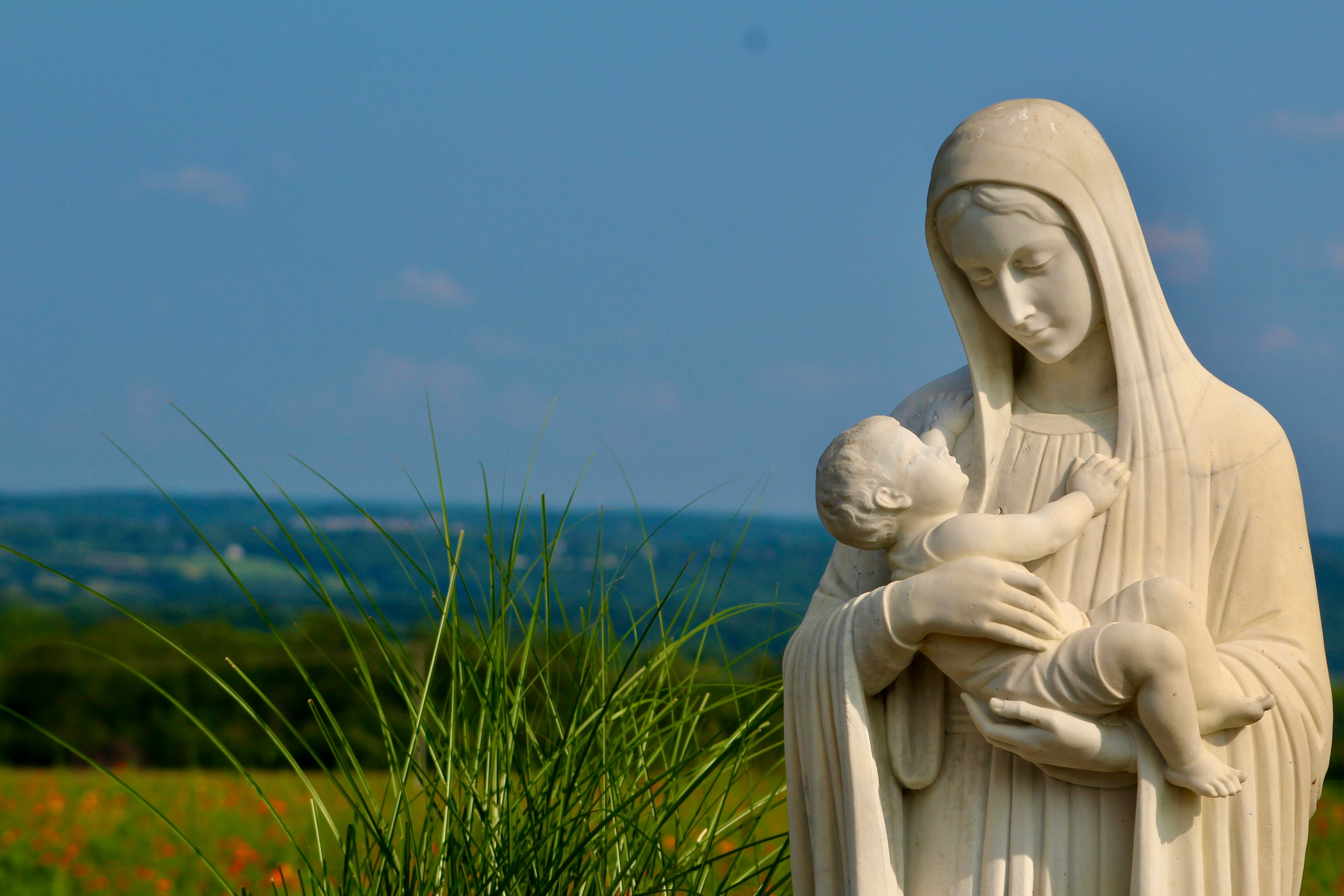
 Deacon Dan Schneider is a retired general manager of industrial distributors. He and his wife Vicki have been married for over 50 years. They are the parents of eight children and thirty-one grandchildren. He has a degree in Family Life Education from Spring Arbor University. He was ordained a Permanent Deacon in 2002. He has a passion for working with engaged and married couples and his main ministry has been preparing couples for marriage.
Deacon Dan Schneider is a retired general manager of industrial distributors. He and his wife Vicki have been married for over 50 years. They are the parents of eight children and thirty-one grandchildren. He has a degree in Family Life Education from Spring Arbor University. He was ordained a Permanent Deacon in 2002. He has a passion for working with engaged and married couples and his main ministry has been preparing couples for marriage.
 Kathryn Mulderink, MA, is married to Robert, Station Manager for Holy Family Radio. Together they have seven children (including Father Rob), and eight grandchildren. She is President of the local community of Secular Discalced Carmelites and has published five books and many articles. Over the last 30 years, she has worked as a teacher, headmistress, catechist, Pastoral Associate, and DRE, and as a writer and voice talent for Catholic Radio. Currently, she serves the Church by writing and speaking, and by collaborating with various parishes and to lead others to encounter Christ and engage their faith. Her website is
Kathryn Mulderink, MA, is married to Robert, Station Manager for Holy Family Radio. Together they have seven children (including Father Rob), and eight grandchildren. She is President of the local community of Secular Discalced Carmelites and has published five books and many articles. Over the last 30 years, she has worked as a teacher, headmistress, catechist, Pastoral Associate, and DRE, and as a writer and voice talent for Catholic Radio. Currently, she serves the Church by writing and speaking, and by collaborating with various parishes and to lead others to encounter Christ and engage their faith. Her website is 

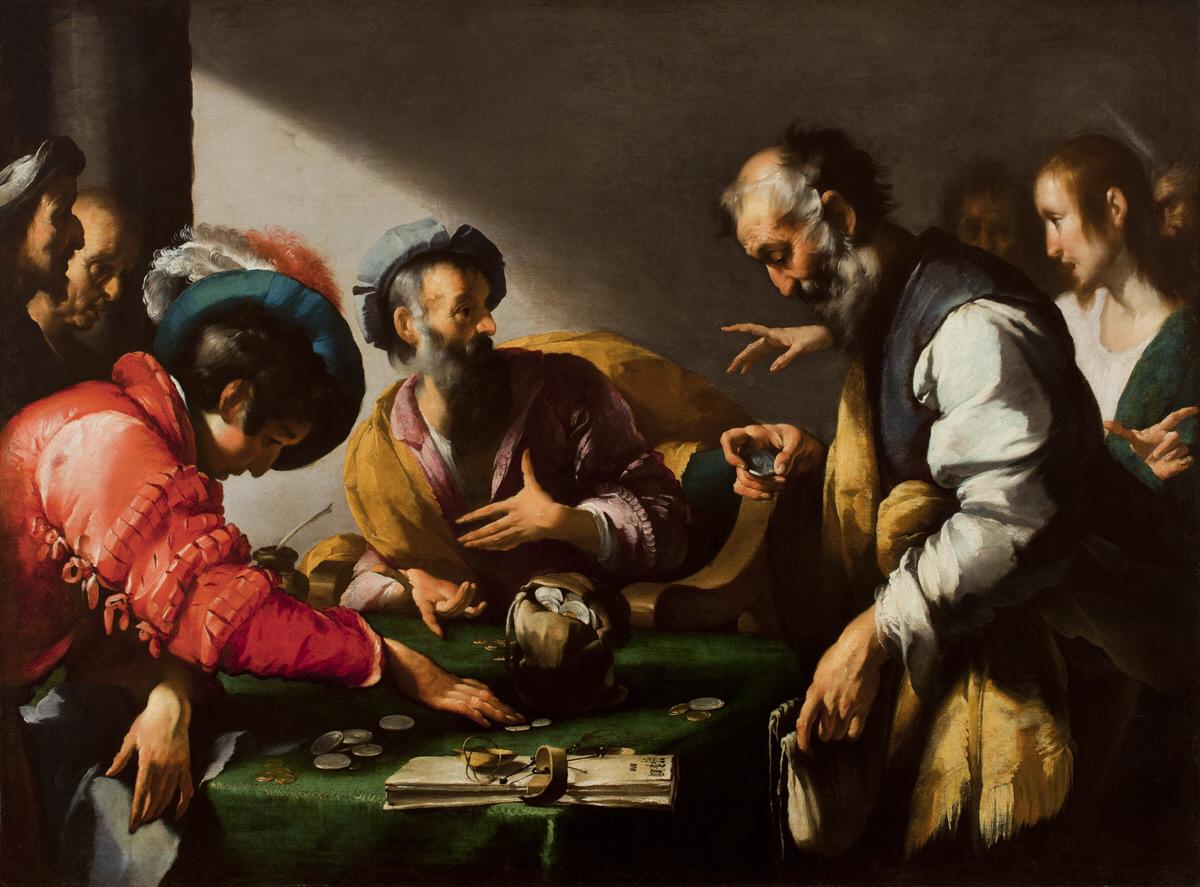


 Pamela Kavanaugh is a grateful wife, mother, and grandmother who has dedicated her professional life to Catholic education. Though she has done her very best to teach her students well in the subjects of language and religion, she knows that she has learned more than she has taught. She lives, teaches, and writes in southwest suburban Chicago.
Pamela Kavanaugh is a grateful wife, mother, and grandmother who has dedicated her professional life to Catholic education. Though she has done her very best to teach her students well in the subjects of language and religion, she knows that she has learned more than she has taught. She lives, teaches, and writes in southwest suburban Chicago.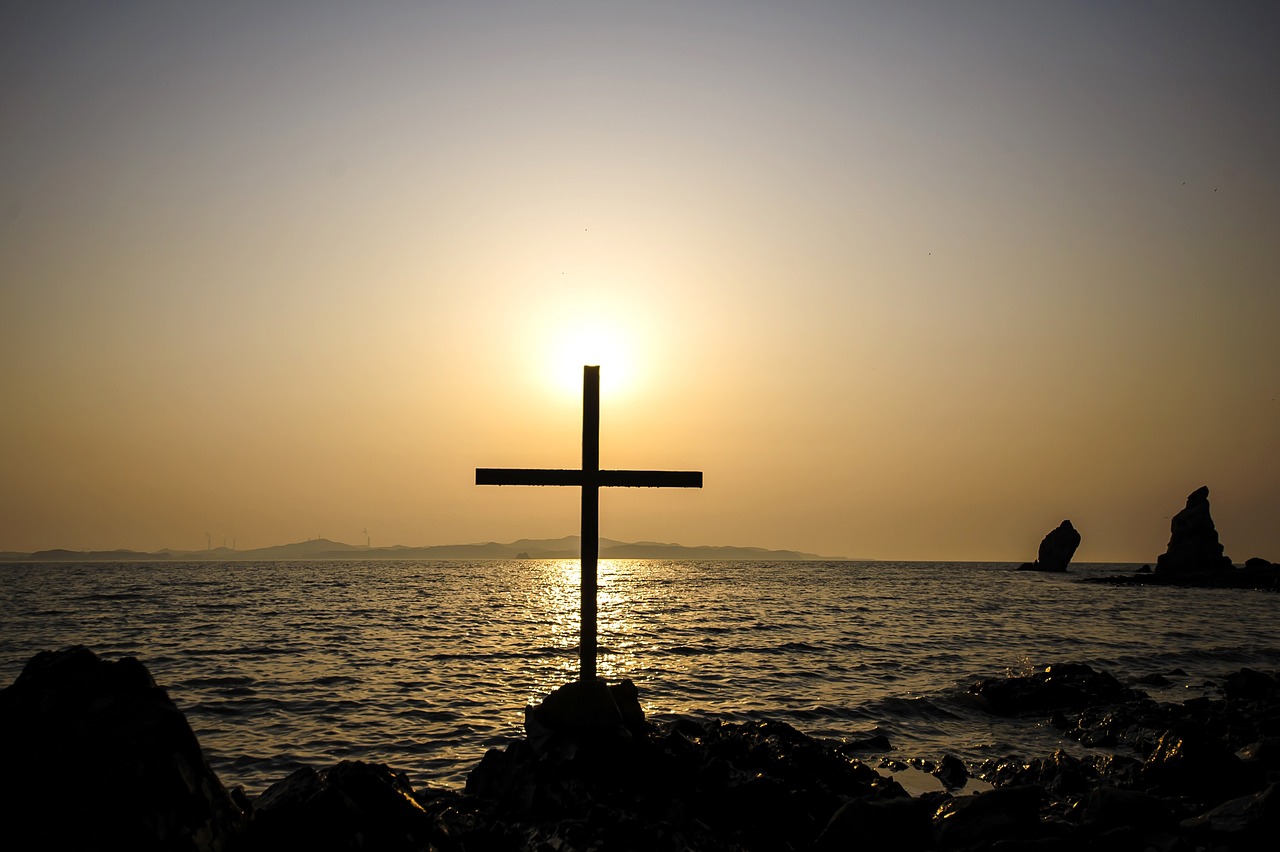
 Deanna G. Bartalini, M.Ed.; M.P.A., is a certified spiritual director, writer, speaker and content creator. The
Deanna G. Bartalini, M.Ed.; M.P.A., is a certified spiritual director, writer, speaker and content creator. The 
 Mike Karpus is a regular guy. He grew up in Michigan’s Upper Peninsula, graduated from Michigan State University and works as an editor. He is married to a Catholic school principal, raised two daughters who became Catholic school teachers at points in their careers, and now relishes his two grandchildren, including the older one who is fascinated with learning about his faith. He also has served on a Catholic school board, a pastoral council and a parish stewardship committee. He currently is a lector at Mass, a Knight of Columbus, Adult Faith Formation Committee member and a board member of the local Habitat for Humanity organization. But mostly he’s a regular guy.
Mike Karpus is a regular guy. He grew up in Michigan’s Upper Peninsula, graduated from Michigan State University and works as an editor. He is married to a Catholic school principal, raised two daughters who became Catholic school teachers at points in their careers, and now relishes his two grandchildren, including the older one who is fascinated with learning about his faith. He also has served on a Catholic school board, a pastoral council and a parish stewardship committee. He currently is a lector at Mass, a Knight of Columbus, Adult Faith Formation Committee member and a board member of the local Habitat for Humanity organization. But mostly he’s a regular guy.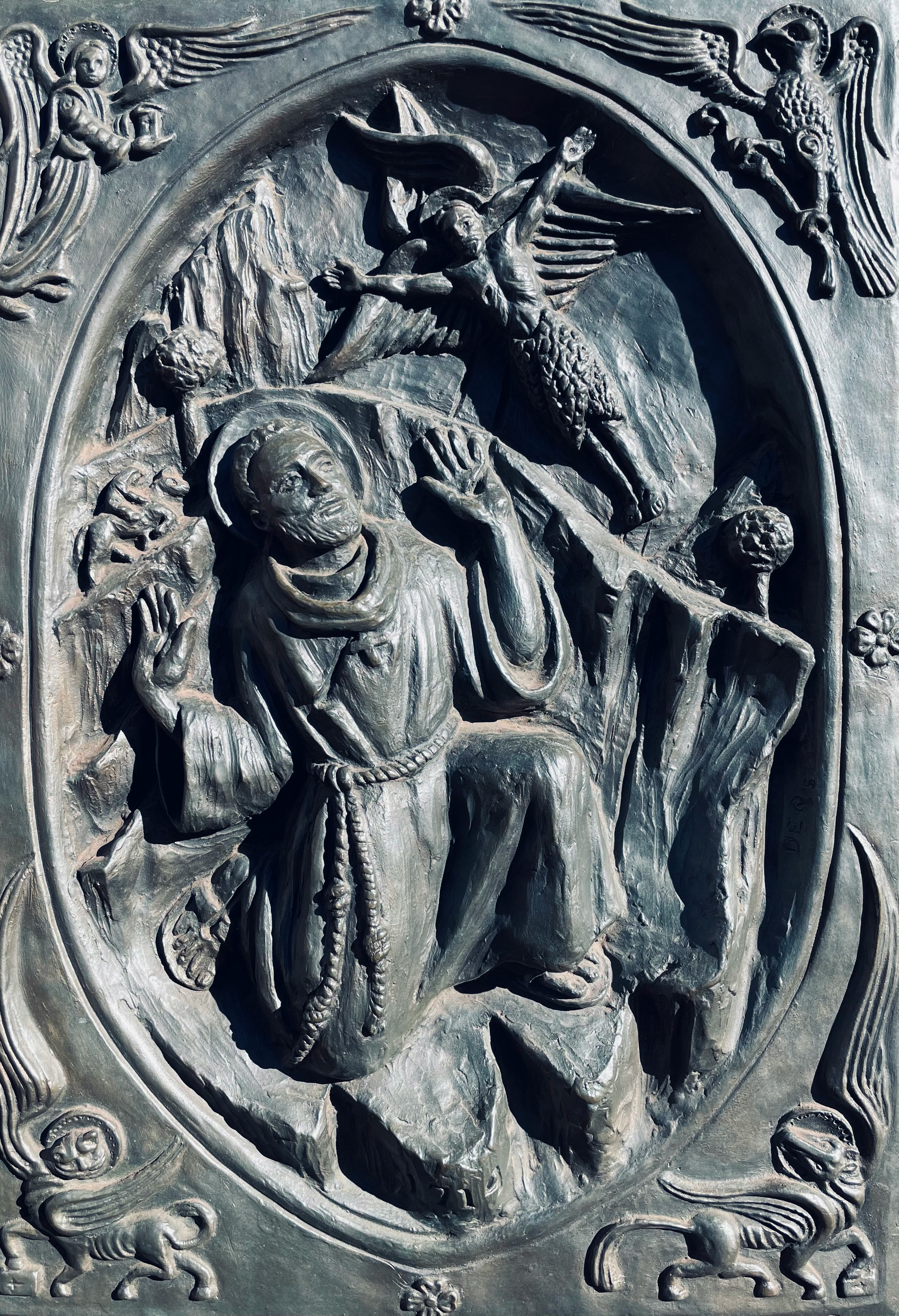


 Tami Urcia grew up in Western Michigan, a middle child in a large Catholic family. She spent early young adulthood as a missionary in Mexico, studying theology and philosophy, then worked and traveled extensively before finishing her Bachelor’s Degree in Western Kentucky. She loves tackling projects, finding fun ways to keep her little ones occupied, quiet conversation with the hubby and finding unique ways to love. She works full time at Diocesan, is a guest blogger on
Tami Urcia grew up in Western Michigan, a middle child in a large Catholic family. She spent early young adulthood as a missionary in Mexico, studying theology and philosophy, then worked and traveled extensively before finishing her Bachelor’s Degree in Western Kentucky. She loves tackling projects, finding fun ways to keep her little ones occupied, quiet conversation with the hubby and finding unique ways to love. She works full time at Diocesan, is a guest blogger on 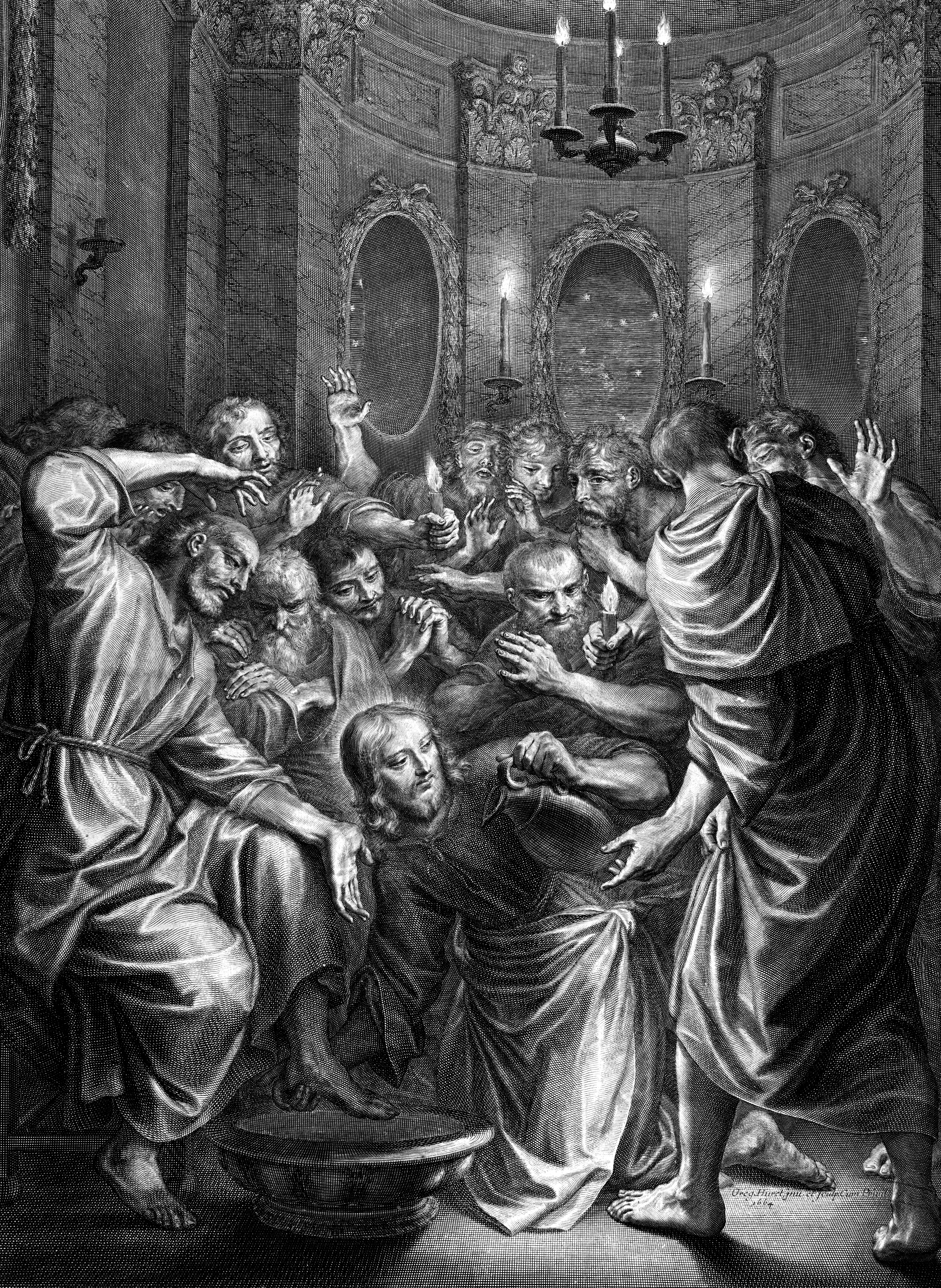
 Dr. Alexis Dallara-Marsh is a board-certified neurologist who practices in Bergen County, NJ. She is a wife to her best friend, Akeem, and a mother of two little ones on Earth and two others in heaven above.
Dr. Alexis Dallara-Marsh is a board-certified neurologist who practices in Bergen County, NJ. She is a wife to her best friend, Akeem, and a mother of two little ones on Earth and two others in heaven above.
